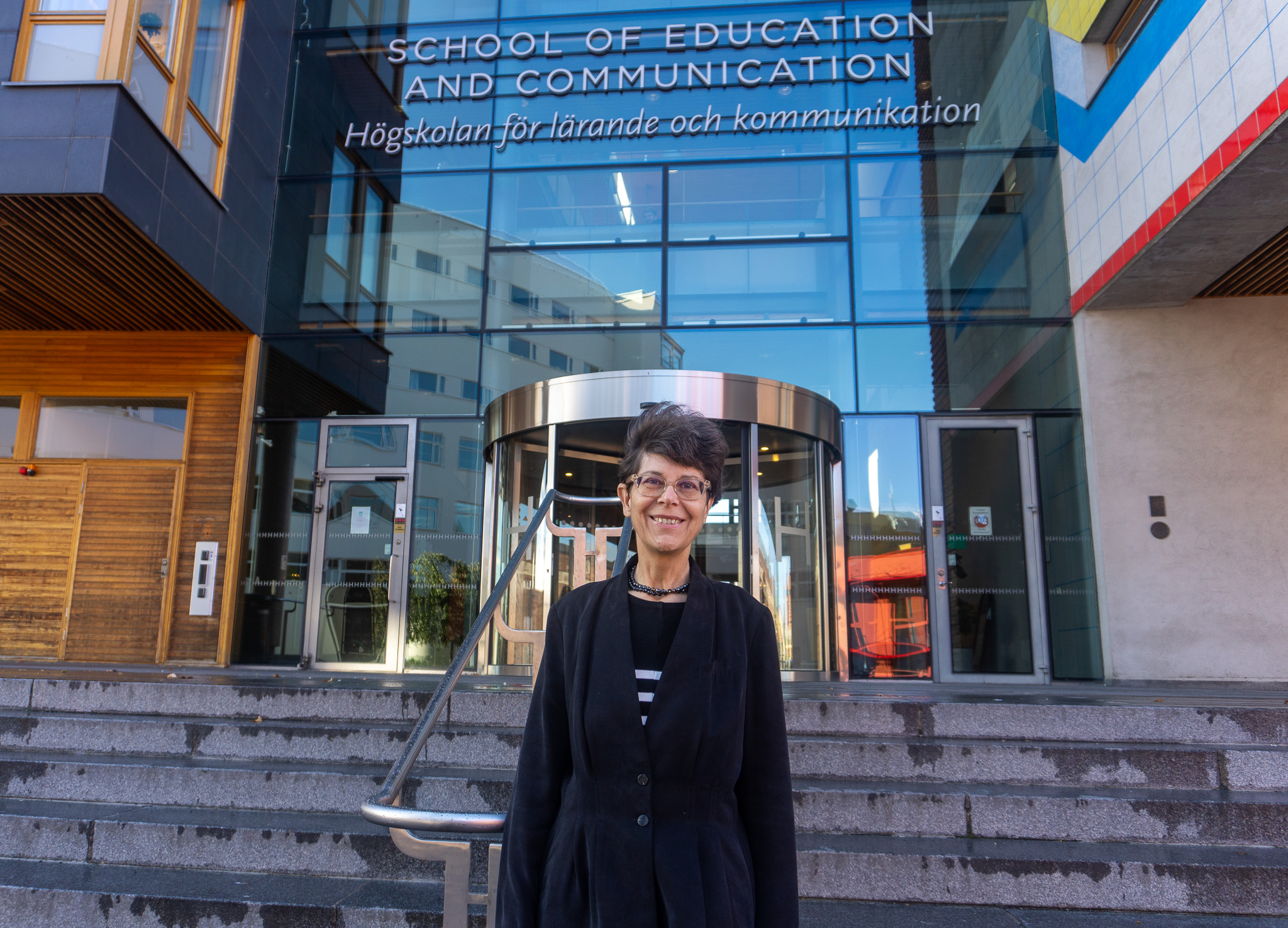Jönköping’s response to refugee influx - integration projects' successes and setbacks
The civil sector of Jönköping made a fantastic contribution during the 2015 influx of refugees, starting up many integration projects. However, relatively few of the projects dealt with the integration of immigrants into the labor market and many of the projects were difficult to push forward. This is shown in a study conducted by Helene Ahl and Karla Escobar at the School of Education and Communication (HLK) at Jönköping University (JU).

Photo: Annika Gordon from Unsplash
The researchers analyzed civilian’s efforts in Jönköping after the 2015 refugee influx, and what happened to some of the integration efforts that were carried out. Civil society in Jönköping has a traditionally strong non-profit driving force when it comes to work with integration. This was clearly visible in 2015, when several different organizations and associations coordinated voluntary efforts to solve urgent needs for food and clothing, and then organized meetings and activities, such as language cafes and CV writing. The aim was to help the refugees create a bond with society. Something that stood out in the study was the great degree of collaboration between the various voluntary organizations and with the municipality, and likewise the great commitment in Jönköping.
“I think we have to give huge credit to all the volunteers. The local authority’s system was insufficient, so all volunteer efforts were very necessary and made an extremely big difference,” says Helene Ahl.
One of the government's objectives with the efforts was to integrate the refugees into the labor market, but few activities dealt with this particular goal. Instead, the activities were shaped based on the interests and experiences of the individual organization members.
“There was a strong connection between the organizer's previous experiences and which activities they chose to focus on,” says Helene Ahl. “It was common, for example, for the language cafés to be started by former teachers,” she continues.
Projects not followed through
Most of the integration efforts and projects were financed by project money. But these sums were granted on the condition that the results of the integration efforts could be measured and analyzed. However, the things the project financiers wanted to measure were rarely the same things that the organizers and the refugees themselves thought were important in relation to their experience of integration work.
High demands were also placed on the organizers when it came to applying for project funding. A lot of paperwork and questions would be handled by civilians who volunteered on these projects and who did not always have all the information required available. Sometimes they didn't even have time to set up the projects before the application deadline expired.
“You can whittle down the forms for projects like this. You should find out what the organizations and the refugees themselves think is important for integration to work well and what they think is meaningful to measure, and then adjust the evaluation criteria accordingly. Then there is a greater chance that projects will be started that are adapted to the needs of the target group,” says Helene Ahl
Knowledge for future initiatives
The organizations involved also had hopes of involving the participants in their regular activities, which were not necessarily about integration. This was something that happened in isolated cases, but not to the extent that had been hoped for. People continued their lives in a different direction after the integration efforts.
In the face of future situations where the government wants to use civil society for integration efforts, the researchers believe that the study contributes knowledge and information about what has proven to work and what has been problematic.
“If the government and decision-makers want to make use of civil society, this report can contribute with knowledge on how to shape calls for proposals, so that they can succeed in practice,” concludes Helene Ahl.

Helene Ahl, Professor of Business Administration at HLK, has been the project manager for the study.
The study is divided into two parts: the first part presents how civil society in Jönköping collaborated to integrate refugees into the labor market after the refugee crisis in 2015.
You can read the first report here External link, opens in new window.. The second report, which focuses on what happened to the projects after a few years, can be downloaded here External link, opens in new window..
